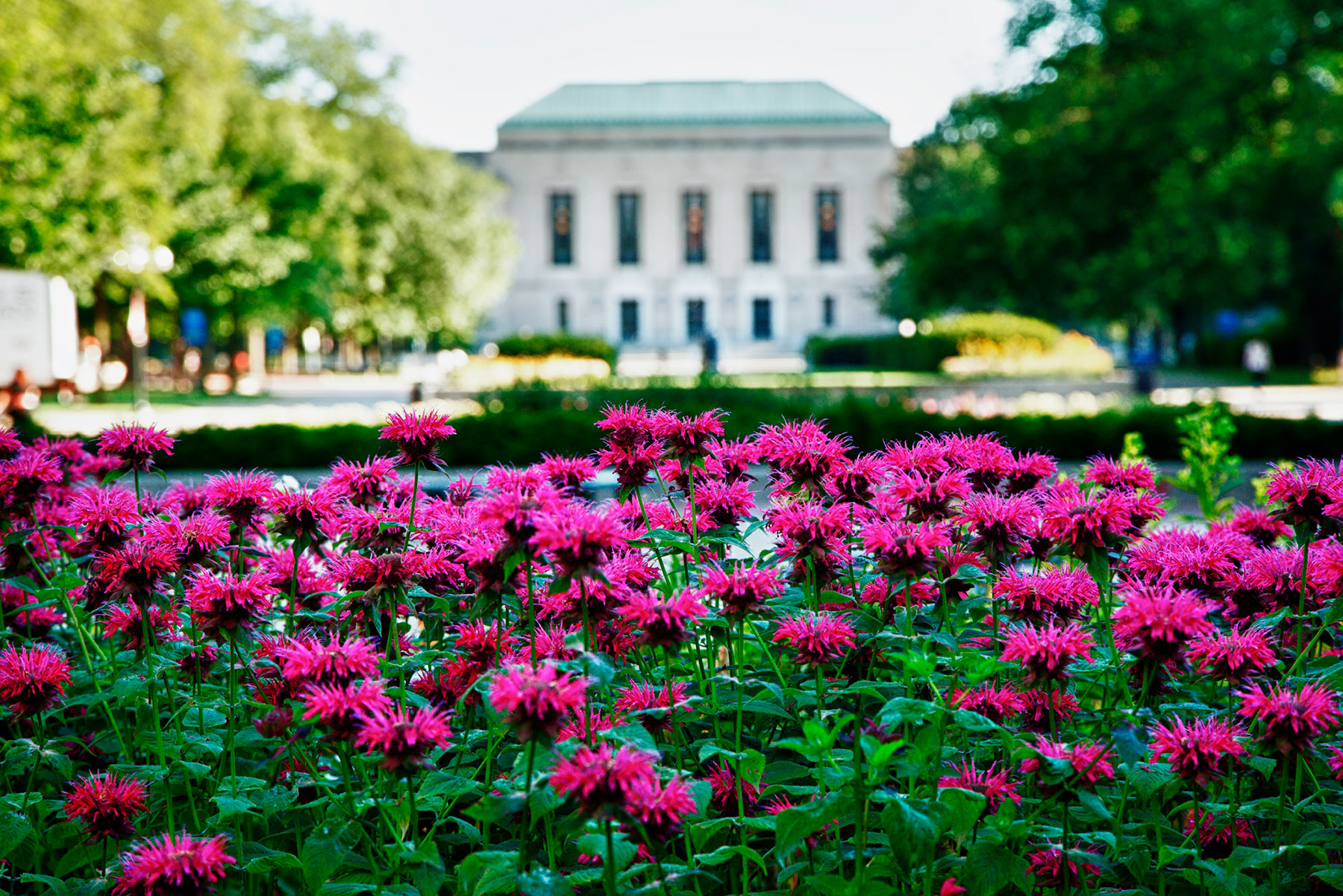
Internships and Field Experience
A Decade of Public Scholarship
In 2021, the Rackham Program in Public Scholarship (RPPS) celebrated its 10th anniversary. Its projects have spanned disciplines and borders—focusing on global issues like access to accurate healthcare information, the needs and rights of migrant workers, and the need for community building and violence prevention. The program’s goal is for graduate students to develop the skills necessary to bring their research and knowledge to challenging questions of social importance for the public good.

Images from the Program in Public Scholarship
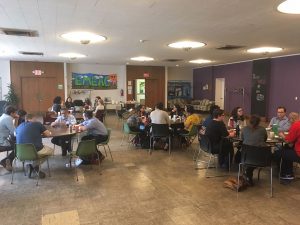
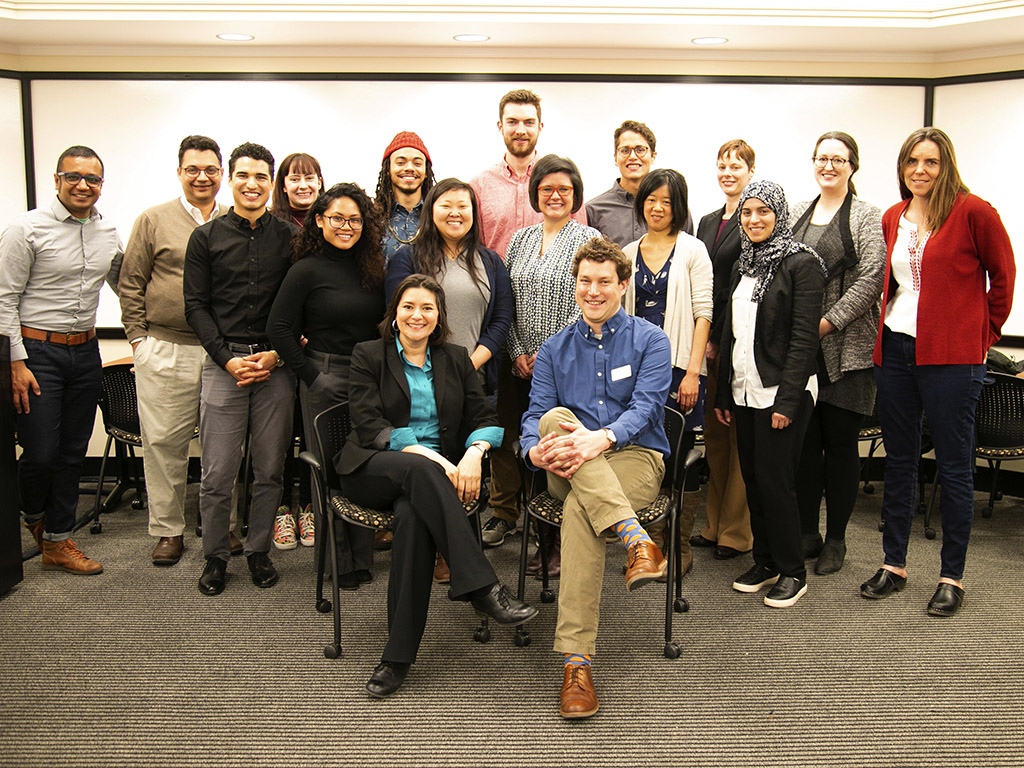
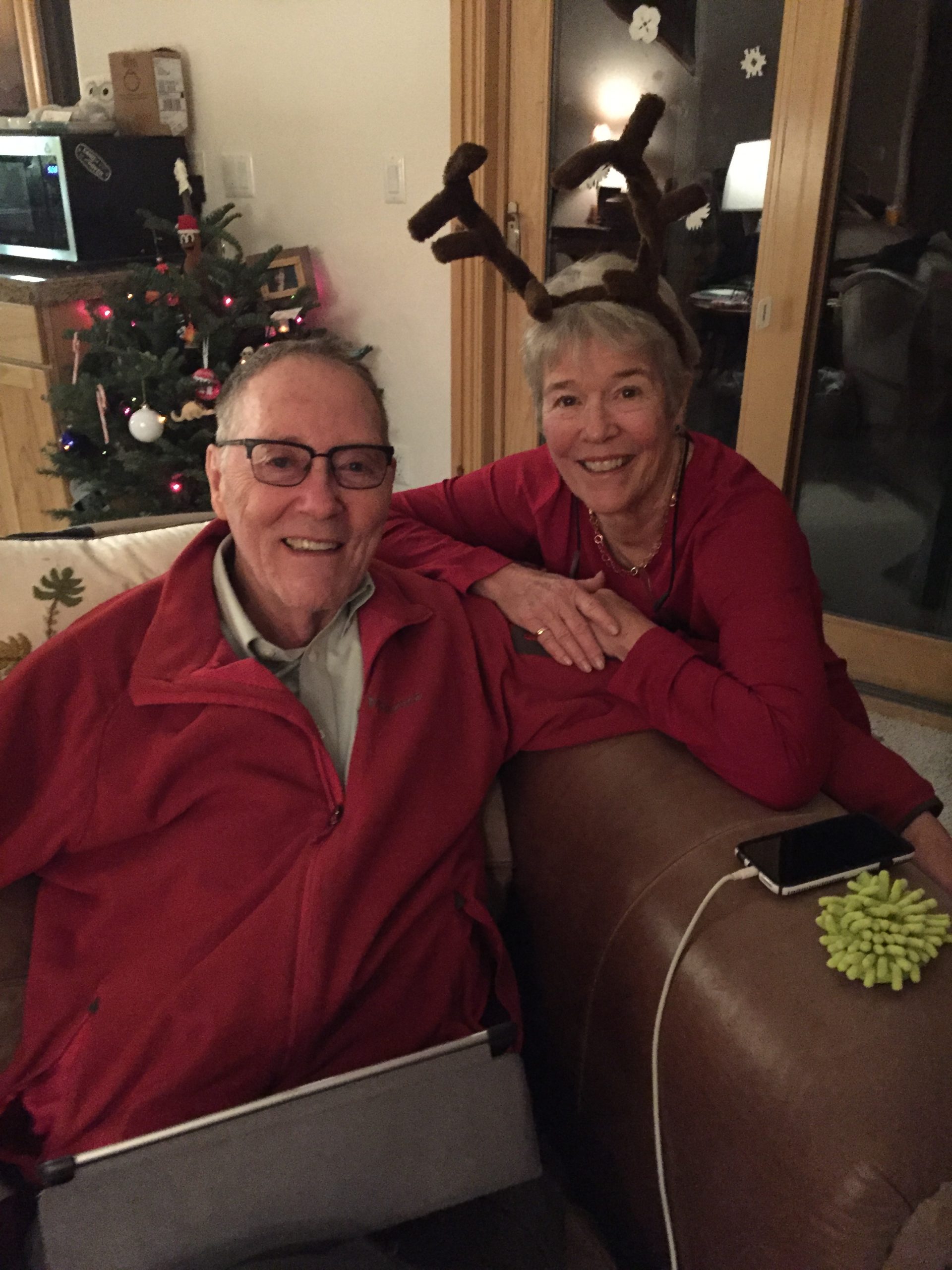
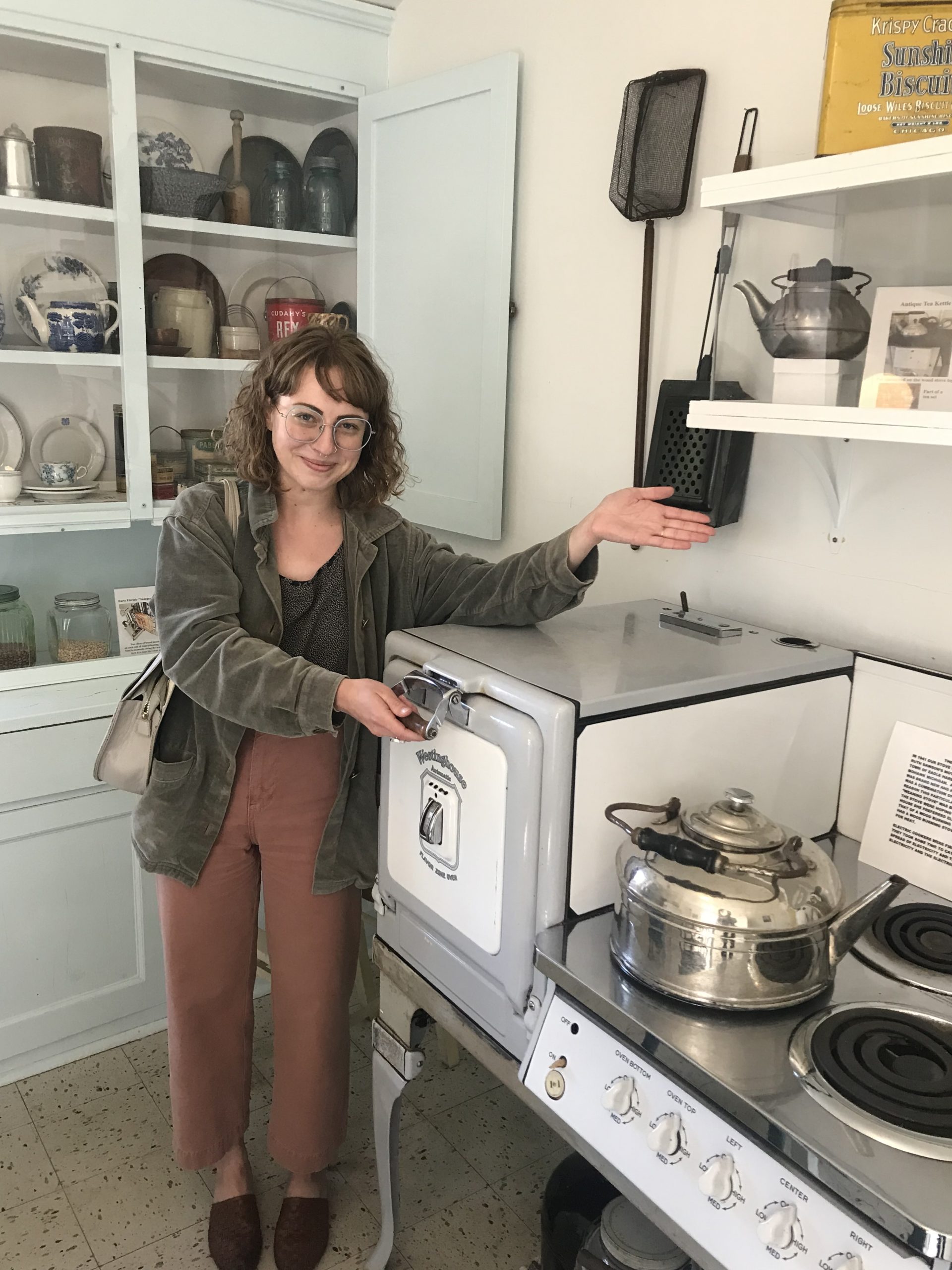
Donor Impact and The Future of Internships in Graduate Education
Jack (Ph.D. 1976) and Jeannie Thompson established the Jack and Jeannie Thompson Humanities Internship in 2017 to help further advance this mission, with the idea of diverse career trajectories in mind: “Those going back to school for their [graduate degrees] in the humanities are most often preparing to have an academic career,” the Thompsons acknowledge. “There is real value in having experiences outside of the academy that can add richness to their background—and they also may choose to have a non-academic career as a result. There is then a breadth of experience to which they can speak.”
This fund supports an annual humanities internship for a student in the Rackham Program in Public Scholarship. Julia Irion Martins, a Ph.D. candidate studying comparative literature, was the 2021 recipient of the Jack and Jeannie Thompson Humanities Internship, during which she worked at Michigan Humanities on educational materials to support the Great Michigan Read Program. In particular, she took an archival research trip to write the Reader’s Guide for the 2021 selection, The Women of the Copper Country. She wanted to make clear that Calumet, a now quiet city in the upper peninsula of Michigan, was once a bustling town of industry and wealth—the mines rich with copper due to the geological formations of the Keweenaw Peninsula. Specifically, sought to understand women’s roles in the 1913-14 miners’ strike. You can read more about her experience on the Michigan Humaities website.
“There are many successful professionals with a humanities background. Having had a variety of humanities-related experiences promotes their knowledge and increases their value to their organizations—academic or otherwise,” the Thompsons said of the notable value of internship experiences. “One of the principal benefits is [in] self-expression.”
The Thompsons’ holistic view of higher education aligns well with Rackham’s current goal of diversifying and enriching the graduate experience at U-M. Given the importance of hands-on training and field experience during the academic year, internships are a key focus of Dean Solomon’s vision for how graduate training can be a more expansive, holistic experience. In a newly launched pilot program for academic-term internships, students can apply research skills and training in a variety of sectors.
For more information on how you can help support these programs, contact Michele Siegal.